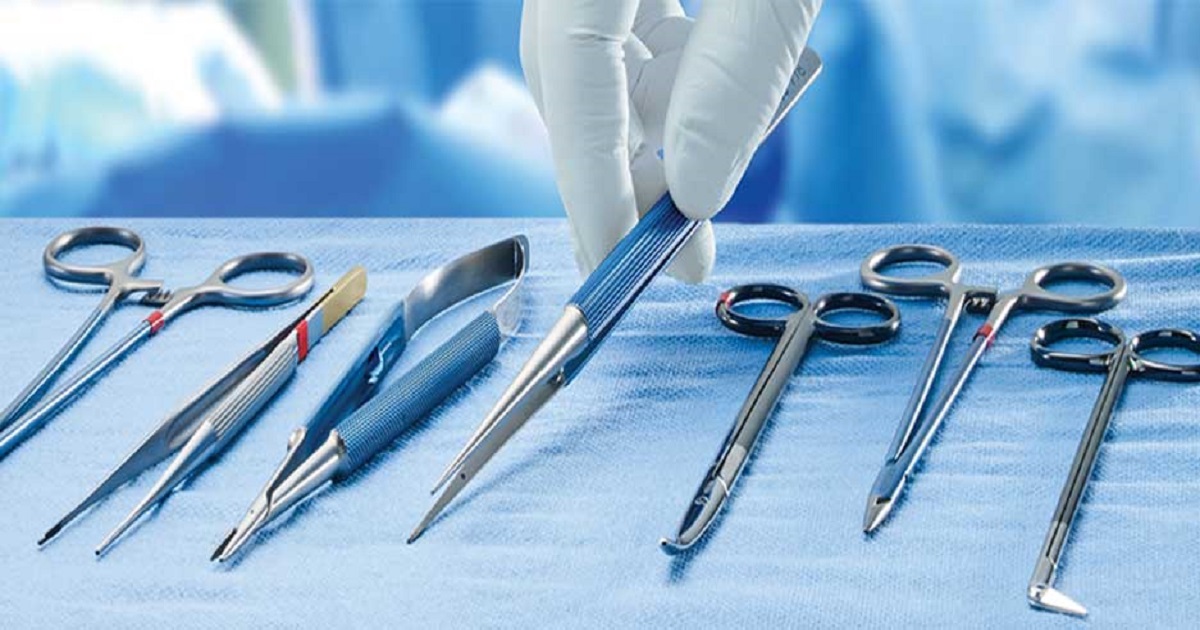In the rapidly evolving world of healthcare, disposable surgical instruments play a crucial role in ensuring both patient safety and operational efficiency. In Pakistan, where the healthcare sector is experiencing significant growth and modernization, the demand for high-quality disposable surgical instruments is on the rise. This article delves into how to succeed with Disposable Surgical Instruments in Pakistan, covering everything from market trends to regulatory considerations and best practices.
Understanding the Market Demand
Growth of Healthcare Sector in Pakistan
Pakistan’s healthcare sector is expanding rapidly due to increasing investments, rising population, and a growing focus on health and hygiene. This growth has led to a higher demand for disposable surgical instruments, which offer numerous advantages, including reducing the risk of cross-contamination and infection.
Key Drivers of Demand
Several factors contribute to the growing demand for disposable surgical instruments in Pakistan:
-
Increased Awareness: Growing awareness about hygiene and infection control.
-
Technological Advancements: Innovations in disposable medical technologies.
-
Government Initiatives: Supportive policies and funding for healthcare infrastructure.
Types of Disposable Surgical Instruments
Common Disposable Surgical Instruments
There are many different types of disposable surgical instruments, and each is made for a particular treatment. Common types include:
-
Scalpel Blades and Handles
-
Needles and Syringes
-
Surgical Drapes and Gowns
-
Forceps and Hemostats
Specialized Disposable Instruments
Specialized instruments cater to particular medical procedures and include:
-
Endoscopic Instruments
-
Orthopedic Tools
-
Cardiovascular Devices
Regulatory Requirements and Compliance
Understanding Pakistan’s Regulatory Landscape
Within Pakistan, the Drug Regulatory Authority of Pakistan (DRAP) is in charge of regulating medical devices, including disposable surgical instruments. Ensuring compliance with DRAP’s standards is crucial for market entry and sustainability.
Certification and Quality Standards
Obtaining certifications like ISO 13485 for quality management systems and CE marking for European compliance is essential. These certifications assure that the products meet international standards for safety and efficacy.
Market Entry Strategies
Identifying Target Customers
Identifying and targeting key customers such as hospitals, clinics, and surgical centers is vital. Understanding their specific needs and preferences can help tailor products and marketing strategies effectively.
Establishing Local Partnerships
Partnering with local distributors and healthcare providers can enhance market penetration. Establishing trusting bonds with regional players might make market entry and growth easier.
Challenges and Solutions
Addressing Supply Chain Issues
Supply chain disruptions can impact the availability of disposable surgical instruments. Developing a robust supply chain strategy and establishing reliable sources of raw materials can mitigate these challenges.
Navigating Competition
The market for disposable surgical instruments is competitive. Differentiating your products through quality, innovation, and customer service can provide a competitive edge.
Best Practices for Success
Ensuring Product Quality
Maintaining high standards of product quality is crucial. Regular testing and adherence to quality control processes can prevent defects and ensure patient safety.
Investing in Research and Development
Continuous investment in R&D can lead to the development of advanced and more effective disposable surgical instruments, meeting evolving medical needs.
Training and Education
Providing training for healthcare professionals on the proper use of disposable surgical instruments can improve outcomes and enhance customer satisfaction.
Future Trends
Technological Innovations
Emerging technologies, such as smart disposable instruments with embedded sensors, are set to transform the field. Staying updated with these trends can provide opportunities for innovation and growth.
Sustainable Practices
There is a growing emphasis on sustainability in healthcare. Exploring eco-friendly and biodegradable options for disposable surgical instruments can meet environmental standards and appeal to eco-conscious customers.
Conclusion
Succeeding with disposable surgical instruments in Pakistan requires a comprehensive understanding of the market, regulatory compliance, strategic partnerships, and a commitment to quality and innovation. By addressing challenges, leveraging best practices, and staying ahead of trends, businesses can thrive in this growing sector and contribute to the advancement of healthcare in Pakistan.
FAQs
Q1: What are disposable surgical instruments?
A: Disposable surgical instruments are single-use medical tools designed for specific surgical procedures. To avoid infection and cross-contamination, they are disposed of after usage.
Q2: How can I ensure my disposable surgical instruments comply with Pakistani regulations?
A: To ensure compliance, you should obtain certification from the Drug Regulatory Authority of Pakistan (DRAP) and adhere to international standards such as ISO 13485.
Q3: What are the benefits of using disposable surgical instruments?
A: Benefits include reduced risk of infection, elimination of the need for sterilization, and convenience in handling and disposal.
Q4: How can I differentiate my disposable surgical instruments in a competitive market?
A: Focus on product quality, innovation, customer service, and establishing strong local partnerships to stand out in the market.
Q5: What future trends should I be aware of in the disposable surgical instruments market?
A: Key trends include technological advancements, such as smart instruments and sustainable practices like biodegradable materials.

